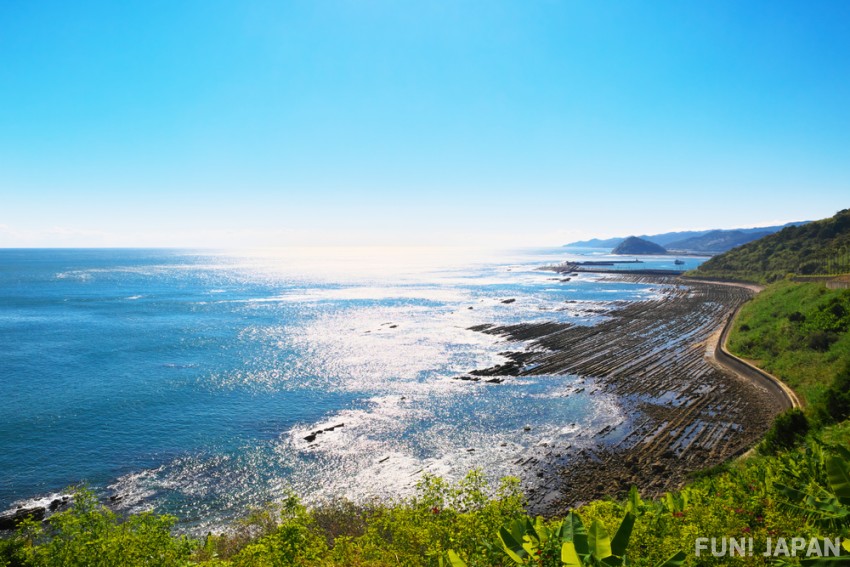
There are a total of 47 prefectures in Japan.
Just as the townscapes, activities, and gourmet foods differ from region to region, the characteristics of local people also vary. In this series, we will delve into the local circumstances of each prefecture by introducing attractions and local people's tidbits.
Today we're focusing on Miyazaki Prefecture, located in the southeastern part of Kyushu. Known as the birthplace of Japanese mythology and the legendary land of Takachiho, the city of Nichinan, which is considered one of the settings for the hit animated film "Suzume no Tojimari", and Aoshima, where you can enjoy the spectacular view of the sea, let's learn together about Miyazaki Prefecture, full of magnificent nature and attractions!
Couldn't watch the WBC at a campsite⁉ The unique TV station situation in Miyazaki that "needs to be addressed"

Miyazaki, the southernmost part of Kyushu, is a city where palm trees grow in the city and a beautiful blue sea spreads out. The climate is also one of the top in terms of the number of clear days throughout the year. Because it is warm and sunny throughout the year, it is popular as a training camp for professional sports.
Miyazaki Prefecture is particularly popular as a baseball camp, and many teams such as the Yomiuri Giants, Fukuoka SoftBank Hawks, Saitama Seibu Lions, Hiroshima Toyo Carp, Orix Buffaloes, and Tokyo Yakult Swallows have chosen it as their campsite.
In fact, Miyazaki City in Miyazaki Prefecture was chosen as the campsite for the Japanese national team "Samurai Japan" at the WBC (World Baseball Classic), which determines the world's best baseball team, held in March 2023. During the training camp period, the state of Samurai Japan's Miyazaki camp was reported on Japanese TV almost every day, and when they defeated the United States and became the best in Japan for the first time in three tournaments, it was a big topic throughout Japan.
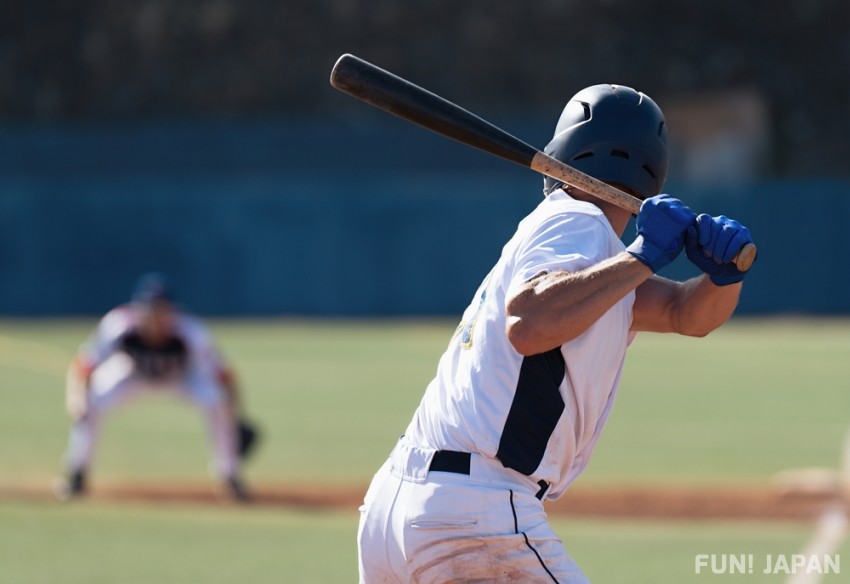
Despite being the training camp location, many WBC games were not broadcasted in Miyazaki Prefecture. Why? Because there are only two private broadcasting stations other than public broadcasting in Miyazaki Prefecture, and the channel that holds the broadcasting rights for the WBC was not being broadcasted...
For example, even though the pre-game camp for the Japan vs Italy match, where Japan won decisively and advanced to the semi-finals, was held in Miyazaki, it was not broadcasted in the prefecture because there is no TV Asahi affiliate station. Even for the WBC final, many Miyazaki residents said, "I found out that Japan won from someone else's Twitter (now X)". Some might think, "Even if private broadcasting is not available, can't we watch it on cable TV?" However, in Miyazaki, the areas where cable TV home-wiring process is possible are limited, and only a portion of the residents can watch cable TV.
In response to this situation, former governor Hideo Higashikokubaru expressed his sense of crisis on social media, saying, "どげんかせんといかん!" (Dogenka sento ikan - Miyazaki dialect meaning "We have to do something" similar to common Japanese "どうにかしないといけない" / dou ni ka shinai to ikenai). In his post encouraging the players after Samurai Japan's victory, he concluded by saying, "Unfortunately, the final game and others were not broadcasted on terrestrial TV in Miyazaki, but I would like to express my sincere gratitude to all the players, staff, and tournament officials as a training camp location."
Indeed, it remains to be seen whether the people of Miyazaki Prefecture will be able to watch all of Samurai Japan's games in the future. Stay tuned.
The anime movie "Suzume no Tojimari" also features Miyazaki dialect, which is full of cute expressions⁉

"Suzume no Tojimari", directed by Makoto Shinkai, was screened in various countries around the world and recorded a final box office revenue of about 14.79 billion yen in Japan. The story of this work is set in ruins all over Japan, where the protagonist, Suzume, closes the door that causes disasters. Interestingly, the motif of the starting point of the story is Miyazaki Prefecture. Furthermore, the character of Suzume is based on the Amanoiwato from the Amanoiwato legend in Japanese mythology.
Miyazaki dialect expressions used in "Suzume no Tojimari"
The Miyazaki dialect, "Miyazaki-ben", appears throughout the work, and the cute way of speaking in Miyazaki dialect using expressions like "~cho", "~cha", and "chawa~" has also become a topic of conversation. By the way, the expressions using "~cho" and "~cha" that appeared in the play are as follows:
- 顔赤いっちゃない? (kao-akaicchanai)- Isn't your face red?
- 寝不足でやべっちゃわ (Nebusoku-de-yabecchawa)‐ I'm tired from lack of sleep.
- 心配で戻ってきたっちゃが (Shinpai-de-modottekitacchaga)- I came back because I was worried.
- なんじゃったっちゃろね? (Nanjatta-ccharone)- What was it, I wonder?
By the way, "~cha" is used when making definitive statements such as "is" or "doing", and "chawa" is used when nodding or asking questions to the person you are talking to, such as "is it?" or "you did it, didn't you?".
Also, words like "makotsu", "makotsuya", and "tege" often appear in conversations among the locals.
まこつ (makotsu)/まこつや (makotsuya) - True
- (Example sentence) まこつ?(Makotsu?)
- (Meaning) Really?
てげ (tege) - Very, quite
- (Example sentence) てげ、好きやっちゃわ~ (Tege, suki yacchawa~)
- (Meaning) I really like it.
Why not master the cute and popular Miyazaki dialect and use it during your trip?
※ The Japanese myth tells the story of how the sun goddess, Amaterasu Omikami, who had secluded herself in the Heavenly Rock Cave (Amanoiwato), was lured out by Ame-no-Uzume-no-Mikoto and a host of other gods through a certain strategy, thereby restoring light to the world. In Takachiho Town, Miyazaki Prefecture, there is the Amano-Iwato Shrine where this "Heavenly Rock Cave" is enshrined.
The people of Miyazaki Prefecture are among the most laid-back in Japan! Competing with Okinawa with "Hyuga Time"
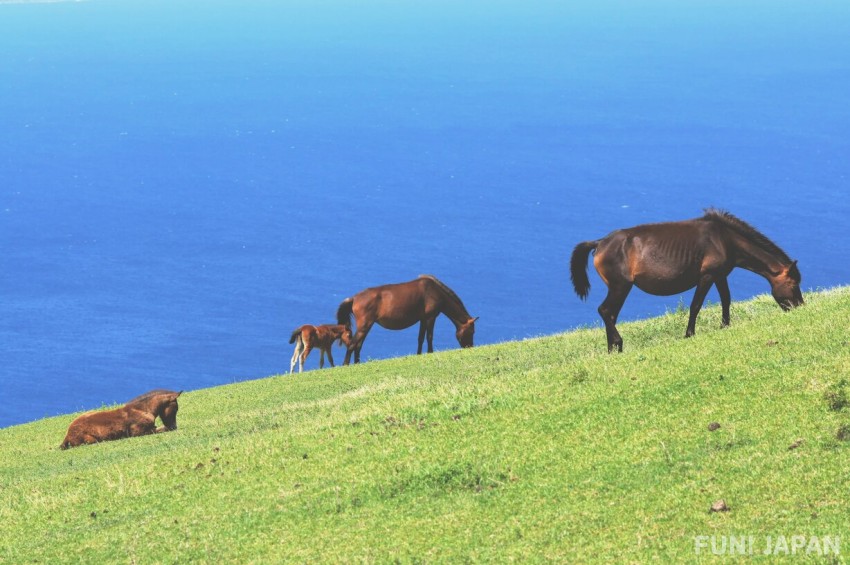
The relaxed sense of time among the people of Okinawa is referred to as "Okinawa Time" or "Uchina Time". Similarly, in Miyazaki, there is a term called "Hyuga Time" (日向時間 / Hyuga Jikan). Hyuga is an old name for the region of southern Kyushu, which includes present-day Miyazaki Prefecture.
This term represents the laid-back sense of time and character of the people of Miyazaki. According to a social media post by the Miyazaki City Public Relations, it is a term that represents the character of the prefecture, where it is normal to meet up about 30 minutes after the promised time, for better or worse.
In fact, the people of Miyazaki, blessed with good weather, magnificent sea views, seafood, and local chicken, are generally generous. A characteristic of Miyazaki is that there are many people with a bright and fun atmosphere.
In Miyazaki, there is also a word "Imogarabokuto" (いもがらぼくと) which means a good-natured person. This word comes from a wooden sword "bokuto" (木刀) made from the stem of taro "imogara", meaning "it looks fine, but it's hollow inside", and it has become a dialect that represents the image of men in Miyazaki.
In Japan, the term "Kyushu Danji" (九州男児) often brings to mind images of a strong leader, someone who is "the head of the household," "stubborn and strong-willed," "brave," and "action-oriented." However, the temperament of men in Miyazaki is quite the opposite. Many prefer to go with the flow rather than taking the initiative themselves.
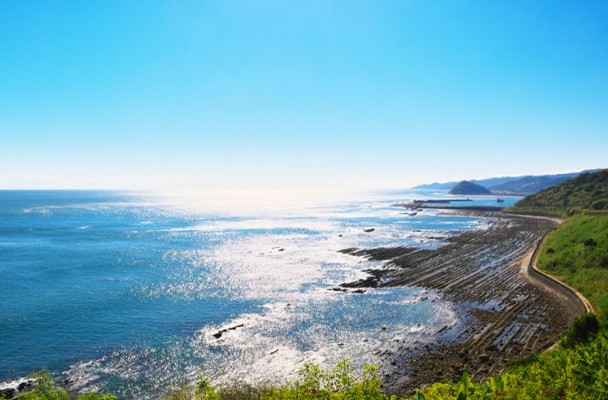
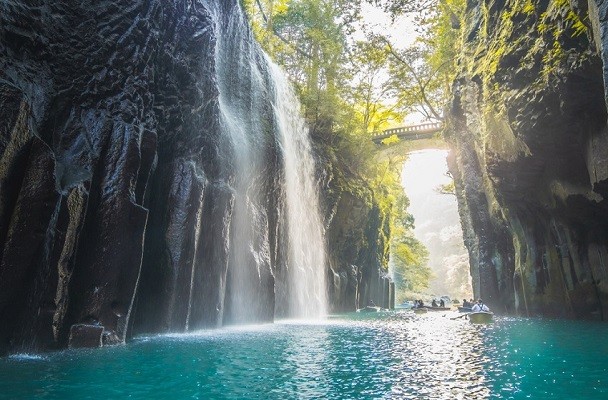
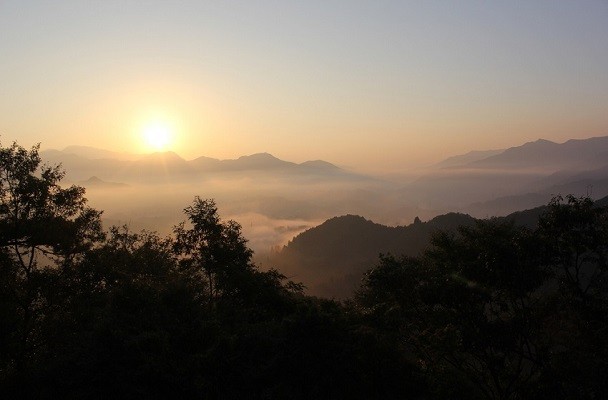
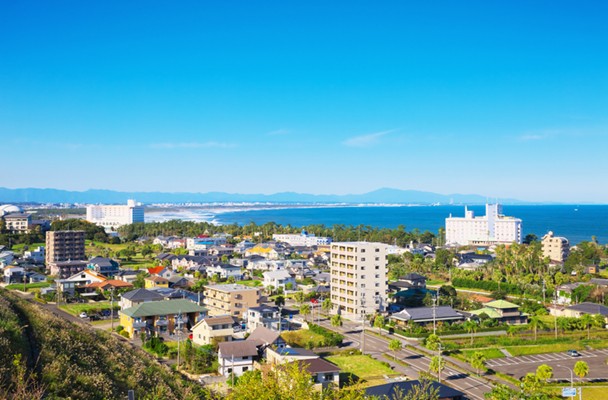
Comments